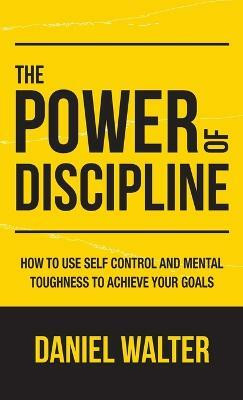
Get notified when this item comes back in stock.
The Last Days of Socrates: Euthyphro, Apology, Crito and Phaedo (Hardcover, Plato)
Share
The Last Days of Socrates: Euthyphro, Apology, Crito and Phaedo (Hardcover, Plato)
Be the first to Review this product
₹260
₹275
5% off
Sold Out
This item is currently out of stock
Highlights
- Binding: Hardcover
- Publisher: Sanage Publishing House
- ISBN: 9788119216963
- Edition: 2023, 2023
- Pages: 188
Seller
Description
Nothing can harm a good man either in life or after death'
With reference to the trial and death of Socrates, there are four dialogs that are especially relevant. They are the Euthyphro, the Apology, the Crito, and the Phaedo.
In the Euthyphro, an attempt is made to answer the question "What is piety?" It has a particular bearing on the trial of Socrates, for he had been accused of impiety and was about to be tried for a crime, the nature of which no one seemed to understand.
The Apology contains an account of Socrates' defense of himself after he had been charged with being a corrupter of the youth and one who refuses to accept the popular beliefs concerning the gods of the city of Athens. It is generally regarded as the most authentic account on record of what Socrates actually said as he appeared before his judges.
The Crito is an account of the conversation that takes place in the jail where Socrates is confined awaiting his execution. He is visited by Crito, an aged and trusted friend, who has come to the prison for the purpose of trying to persuade Socrates to avoid being put to death either by an escape from the prison where he is being held or by employing some other means. The dialog depicts Socrates as a man who has no fear of death and one who would rather die than commit an act that he believes to be morally wrong.
The Phaedo is a narrative concerning the last hours in the life of Socrates. After an interval of years, the story is related to Echecrates by Phaedo, who was one of Socrates' beloved disciples. The narration takes place at Phlius, which is the home of Phaedo. The scene of the story is the prison where Socrates is held. Phaedo is one of a number of friends who have gathered for their last meeting with Socrates. Much of the discussion that takes place has to do with Socrates' attitude toward death, including his reasons for believing in the immortality of the soul.
Read More
Specifications
Book Details
| Imprint |
|
| Publication Year |
|
| Number of Pages |
|
| Net Quantity |
|
Contributors
| Author Info |
|
Dimensions
| Width |
|
| Height |
|
| Depth |
|
| Weight |
|
In The Box
|
Be the first to ask about this product
Safe and Secure Payments.Easy returns.100% Authentic products.
Back to top




